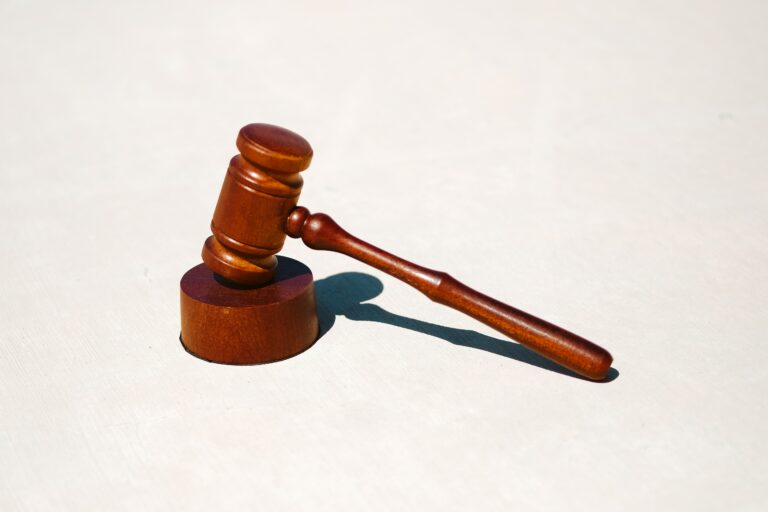
What Recourse Is Available if Inheritance Is Stolen?
State inheritance theft laws typically cover four distinct aspects, says Yahoo’s recent article entitled “Someone Stole My Inheritance. What Are My Options?”
The four are:
- Who committed the inheritance theft,
- When the theft happened,
- What was taken, and
- How the theft happened.
As far as the “how” goes, note that inheritance theft can take many different forms. One of the most common examples involves elder financial abuse where someone takes advantage of an elderly person’s weakened physical or mental state to steal from them.
If you think someone’s stolen your inheritance, it’s important to review inheritance theft laws in your state. Again, each state has different guidelines regarding:
- What constitutes inheritance theft,
- Who has the standing to bring a civil claim or file a criminal complaint concerning a stolen inheritance,
- The legal grounds for successfully pursuing an inheritance theft claim, and
- Penalties and remedies for inheritance theft.
Speaking with an experienced estate planning attorney can help you see if you have standing and grounds to file a claim for inheritance theft. Your attorney may advise you to take certain steps to develop a case, including:
- Taking an inventory of the estate’s assets,
- Reviewing estate documents, such as wills or trusts, to look for any potential signs of fraud or forgery, and
- Verifying the validity of will or trust documents.
With a larger estate, you may need to hire a forensic accountant. They specialize in examining financial documents, which may be helpful if you’re struggling to create a paper trail to support a claim of inheritance theft.
Inheritance theft laws can help to protect your rights to an estate if you think your inheritance was stolen. You can also take actions to preserve your own estate for your heirs by drafting a valid will, creating a trust and choosing trustworthy individuals to act as your executor, trustee and power of attorney.
Reference: Yahoo (Jan. 18, 2023) “Someone Stole My Inheritance. What Are My Options?”









